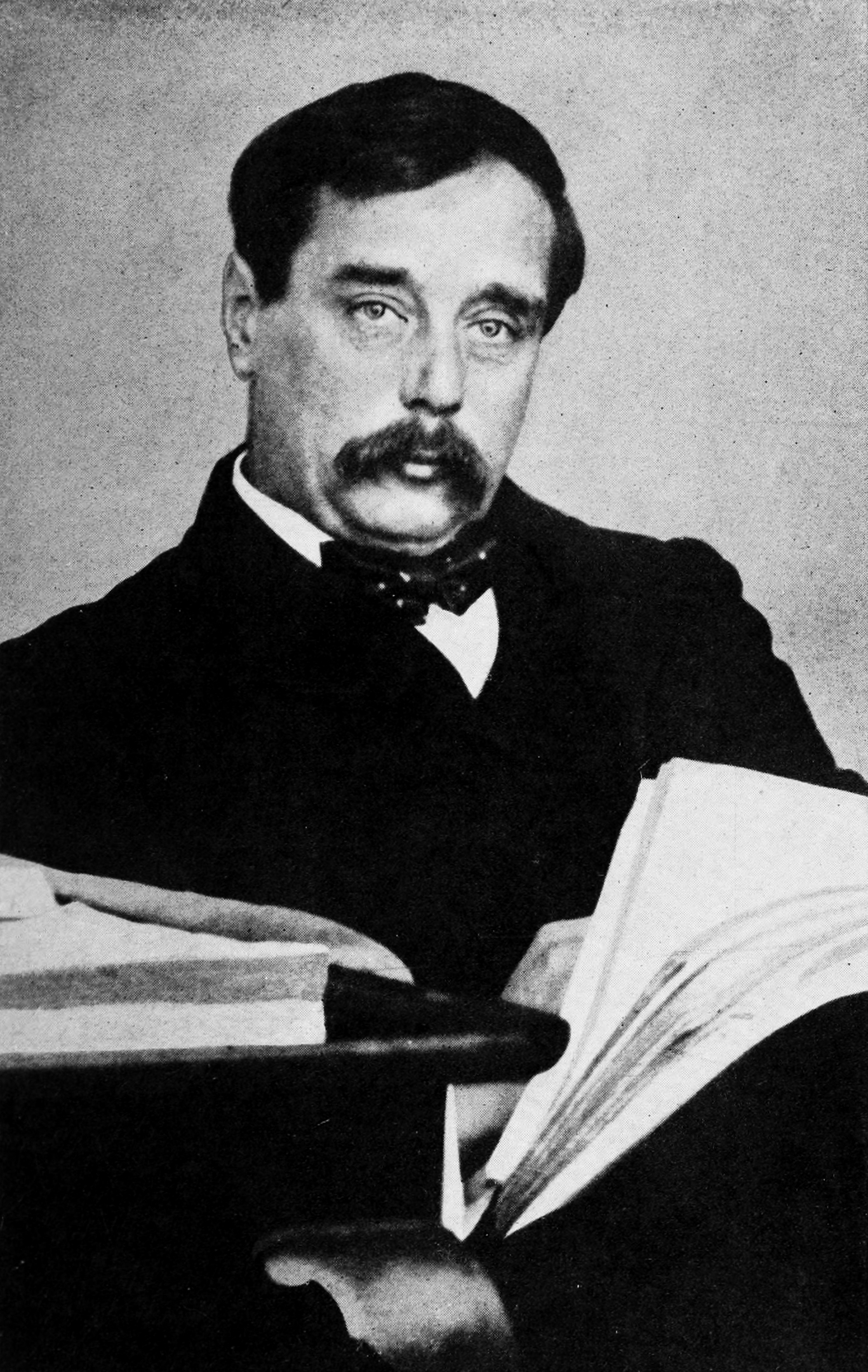Wells, H. G. (1866-1946), was a famous English novelist, historian, science writer, and author of science-fiction stories. Wells’s novel Tono-Bungay (1909) best reveals his varied talents. The novel, a story of the dishonest promotion of a patent medicine, contains social criticism tinged with satire. In it, Wells described trips in airplanes and submarines at a time when such journeys seemed like science fiction.

Herbert George Wells was born on Sept. 21, 1866, in Bromley, Kent (now part of London). He drew on his lower-middle-class background in some of his finest novels, including Kipps (1905) and The History of Mr. Polly (1909). His training as a scientist is reflected in his imaginative science-fiction stories. The Time Machine (1895) describes the adventures of a man who can transport himself into the future. In The Island of Dr. Moreau (1896), a mad scientist experiments with animals in an attempt to give them human qualities. The Invisible Man (1897) centers on a scientist who discovers a way to make himself invisible, but then fails in a desperate attempt to make himself visible again. Wells wrote about an invasion from Mars in The War of the Worlds (1898) and described a fictional utopia in The Shape of Things to Come (1933).
Wells supported social reform in the novel The New Machiavelli (1911), in the nonfiction study The Work, Wealth and Happiness of Mankind (1932), and in other books. He wrote The Outline of History (1920), a story of the development of the human race. The book shows Wells’s knowledge of biology and his liberal attitude in politics. With his son Geoffrey and Sir Julian Huxley, Wells wrote The Science of Life (1929-1930), a four-volume discussion of the principles of biology. Wells told his life story in Experiment in Autobiography (1934). He died on Aug. 13, 1946.
See also Time Machine, The; War of the Worlds, The.
